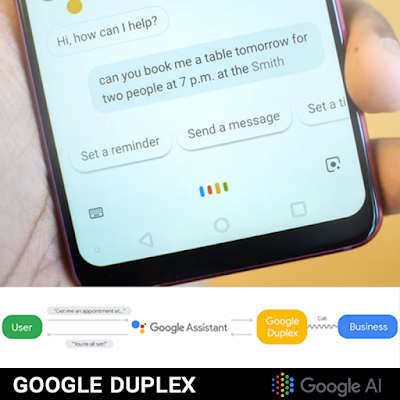This year has been a fairly extensive one in terms of updates and new releases from Apple. From the latest MacOS update “Mojave” to this year’s round of iPhone refreshes, the Cupertino-based company has served up a considerable number of new items for consumers to choose from. I will highlight two that have greatly enhanced my personal workflow.
The first is what I call Apple’s most underrated product of the year—the MacBook Pro refresh. It didn’t get a big Apple Event debut but came packed with new features—especially if you hadn’t purchased last year’s model. Eighth generation Intel processors, True Tone display, T2 security chip, updated graphics and a slightly-tweaked keyboard are all highlights packed into the MacBook Pro’s trademark aluminum chassis. As expected, the MacBook Pro continues its trend of releasing 13 and 15 inch models. While I had never warmed up to the Touch Bar, these new models showcase the efforts developers have included over the past few years to bring out the features of the Touch Bar. Add to that the capability of Touch ID and you have a device that feels incomplete without it. And to top it off, “Hey, Siri” is now supported!
Unlike the MacBook Pro, Apple’s other winner did get a lavish debut this fall--the iPad Pro. If you’ve previously used an iPad or iPad Pro—forget what you knew. Throw it out. This third generation tablet is a complete refresh in every way including the overall look of the device. It comes in 12.9 and 11 in models, but it’s smaller in size than previous generations. The home button is gone, and the Liquid Retina display extends nearly all the way to the edge.
 |
| The iPad Pro (third generation) |
As I mentioned, these are only two devices that Apple launched in 2018. Beyond the three iPhones, there was the Apple Watch and the long-awaited updates to the MacBook Air and Mac mini. With semi-recent updates to the iMac, MacBook and AppleTV there are many worthy options available to you. The best recommendation I can offer is to do your research and make sure you know how you're going to use your new tech in advance.
ESU students, faculty and staff get a discount on most of Apple’s hardware, so make sure to take advantage of that if you’re in the market for a new device.
Brian Osbourn
Director, IT Web & Digital Strategies











